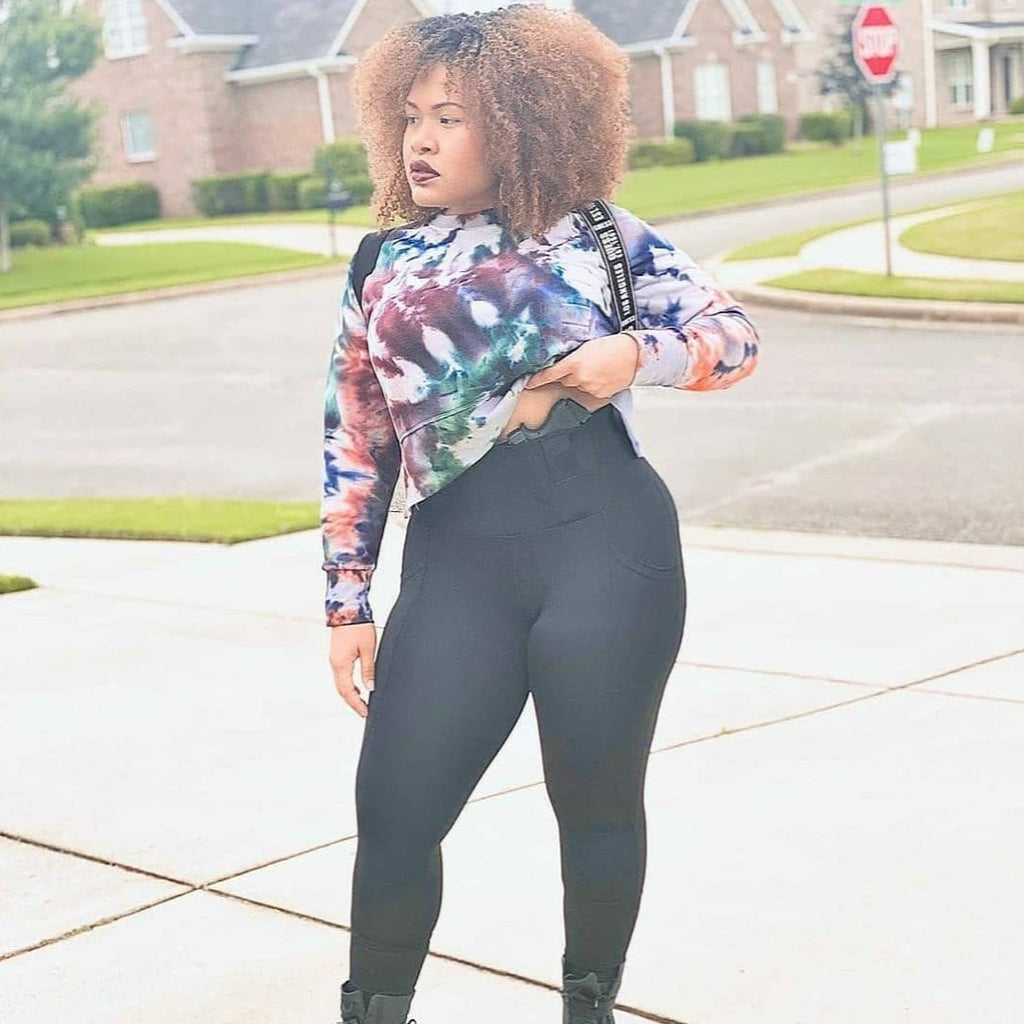What Does a Concealed Carry Course Look Like?
Posted on July 03 2020

In order to obtain a concealed carry license, most states require you to pass a concealed carry course. These courses cover the legalities of carrying concealed in your state, as well as basic firearm safety and live-fire practice. There is usually a written test you will need to pass and a set number of classroom hours you will need to attend. The number of classroom hours varies from state to state.
Dene Adams offers the best concealed carry holsters, as well as women's concealed carry clothing. We offer concealed carry corsets, shorts, legging, thigh holsters, inside the waistband, and more. Our mission is super simple: be the supplier of choice for women looking for comfortable concealed carry holsters so they can exercise their Second Amendment rights. While every concealed carry course is different, below we'll go over the basics that most CCW courses cover. Shop our CCW holsters online today!
WHAT A CONCEALED CARRY COURSE LOOKS LIKE
Legalities First
Your concealed carry course will likely start with a broad introduction to the concealed carry laws in your state. It will probably touch on reciprocity laws as well. Reciprocity refers to the states, in addition to your own, that will recognize your concealed carry permit. Most states will have requirements in place for you to obtain a concealed carry permit. Common requirements can include the following:
Laws will also be covered for places you can and cannot carry concealed. Note that every business has the right to ask you to not carry on their property. Other restrictions can apply to schools, municipal buildings, federal property, just to name a few.
Self-defense laws should also be covered. This will help you understand the kinds of scenarios that legally permit the use of lethal force. Self-defense situations (even in cases like a home invasion) are rarely as cut and dried as you might think. Laws on this can also vary from state to state so this is a very important part of the course.
Introduction to Firearms
Your concealed carry course will undoubtedly cover the basic operation of revolvers and handguns, as well as how to handle your firearm. You will cover firearm and ammunition mechanics, the proper loading and unloading of your firearm, how to store your firearm safely, and how to handle misfires. You can also expect concealed carry holsters and different carrying methods to be reviewed. This is important as you will receive good, first-hand advice on how to carry, which can be a dilemma to many, especially women.
Firearm Safety
If you talk to anyone who has a lot of shooting experience, they will tell you that you can never have enough firearm safety training. Shooting accidents can happen to anyone, both experienced and non-experienced, and they usually happen the one moment a person lets their guard down. Hence, firearm safety training is an important part of your concealed carry course and one that should not be taken lightly.
Topics will normally include the unique aspects and differences of revolvers and handguns, safety operation, and the proper handling of your firearm, especially when loaded (as it will be when you are carrying concealed).
Written Test
Most states will require you to pass a written test before you earn your certificate of completion. Most of these are either pass/fail tests or open book tests. Those who pay attention in class should find the test to be pretty straight-forward. Most courses require at least eight hours of classroom time, in addition to the live-fire portion, so plan accordingly. Some classes are conveniently scheduled on Saturday and Sunday (with class the first day and shooting the next) so they can be completed over the weekend. Note that some CCW courses will have handouts and others will not.
Range Firing
Almost all CCW training courses include a live-fire component. This is the part of the course that most people look forward to the most. After all, shooting is fun and this is a chance to practice, which is crucial when carrying concealed. Some states require a live-fire test that covers loading, unloading, and shooting your firearm. Some states stipulate the distance and the number of rounds to be fired as well.
Pass the Class!
When all of the course requirements are met, you will be issued a certificate of completion. Then, it is simply a matter of applying with your county. Applications can usually be found on-line, but you will need to submit the application in person so you can be fingerprinted and have your photo taken. There is usually a fee as well.
CHOOSE DENE ADAMS FOR YOUR CONCEALED CARRY GUN HOLSTER
Congratulations! Now that you're ready to obtain your concealed carry license, you'll need a top-notch CCW holster. Dene Adams offers the best gun holsters for women with a variety of carry methods available. You can choose from our active bra holsters, concealed carry leggings and shorts, and our CCW corsets. We do our best to cater to the concealed carry position that is most comfortable for you. Let's face it, having your concealed carry license is pointless unless you are going to carry, and too many people find carrying a gun uncomfortable and burdensome. By creating our concealed carry clothing, we hope to make concealed carry practical for everyone. Shop our best concealed carry shorts, bras, and Phantom holsters online today!

